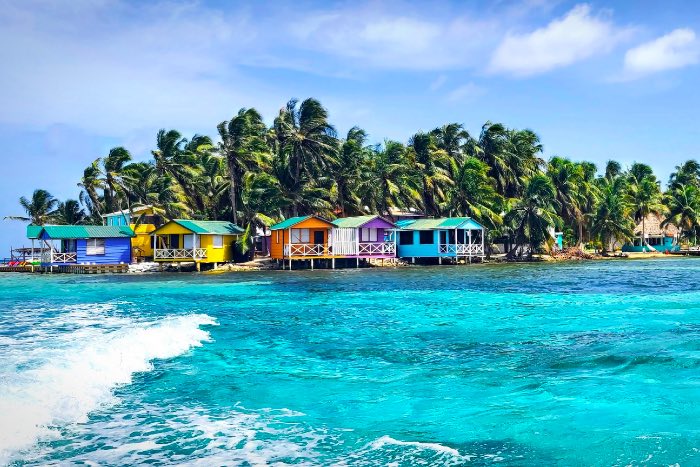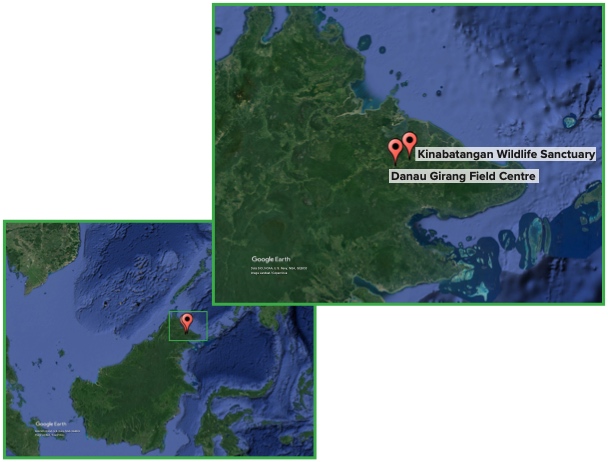
Borneo: Primate Conservation
Study Borneo’s primate denizens, including the orangutan. Engage in the innovative ways communities are leading conservation efforts.
Course Overview
Nestled in the Malay Archipelago, tropical Borneo has captured the imaginations of explorers and naturalists for centuries. Borneo is the third-largest island in the world and home to remarkable cultural and ecological diversity. Borneo’s primate community is exceptionally rich—the Earth Expeditions course site along the Kinabatangan River in Sabah (East Malaysia) is home to ten primate species, including proboscis monkeys, which occur only in Borneo, two species of leaf monkey, two species of macaque, gibbons, as well as the large-eyed, nocturnal tarsier and slow loris. Of greatest conservation concern is the orangutan, which occurs naturally on only two islands in the world, Borneo and Sumatra, and is under increasingly severe pressure, primarily from habitat loss. Researchers have projected that the orangutan, the only great ape in Asia, may completely vanish from the wild within two decades.
We will join local researchers from Borneo, the Danau Girang Field Centre, and the dedicated villagers of the Kinabatangan region who are responsible for model community-based efforts to preserve orangutans, Bornean pygmy elephants, and other species. In addition to becoming familiar with primatological field methods and their applications, students in the course will work with local groups and develop new ways to engage communities worldwide in saving orangutans and other wildlife. Possible field studies include: social behavior of primates, habitat selection, census methods, impact of forest fragmentation and reforestation, and the use of social networks in great-ape conservation campaigns.
A typical day on this EE course includes exploration and hiking in the local environment, instructor and student-led discussions of key course topics, presentations, and engagement with local community experts, and time for inquiry investigations and journal writing. Prior to and following the field experience in Borneo, students will complete coursework via Canvas, Miami University's learning management system, as they apply experiences at home.
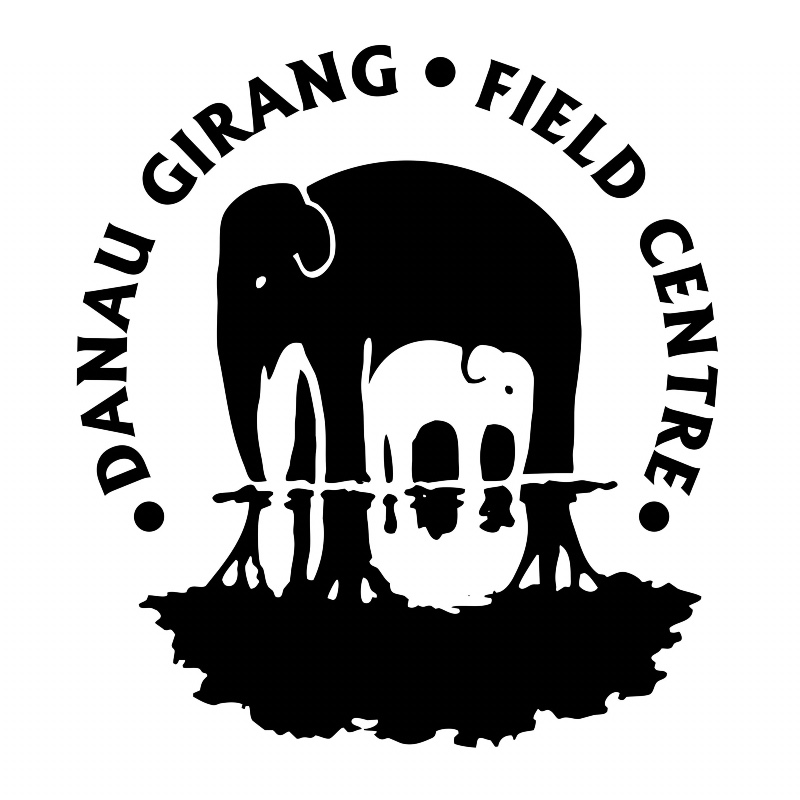 *** If you're interested in Borneo: Primate Conservation for Summer 2026, let us know by completing this short form. Note: This is not the EE application/course request form. Visit our Apply webpage for application instructions for the GFP or to take an Earth Expeditions stand-alone course. Current Dragonfly students' summer requests should be submitted using the form sent via email.
*** If you're interested in Borneo: Primate Conservation for Summer 2026, let us know by completing this short form. Note: This is not the EE application/course request form. Visit our Apply webpage for application instructions for the GFP or to take an Earth Expeditions stand-alone course. Current Dragonfly students' summer requests should be submitted using the form sent via email.
| Course Components | Details |
|---|---|
| In-Person Travel Dates |
July 12-22, 2026 Arrive at least one day before and depart on last day of course. |
| Full Course Dates |
April to August online. |
| Course-Specific Themes |
-Primate conservation and ongoing field research project participation. -Introduction to the ecologyof Southeast Asian rainforests. -Community-based conservationorganizations and understanding their work at the local level. |
| Eligibility |
This course is open to any interested current master's students or can be taken as a standalone course. An undergraduate degree is required. *Miami U. undergraduates with Graduate School permission may also apply. |
| Physical Requirements |
Hikes on trails and through village areas; time on boats; hot and humid weather. |
| Lodging |
Shared dorm facilities with each student having a bed and room to store luggage; shared bathrooms. |
| Course Credits |
5 master's graduate credits or 7 CEUs (continuing education credits) can be earned. |
| Course Costs* |
There are two options to take this course: 1) Earn 5 graduate credits: $1600 program fee + $2275 for 5 credits tuition ($455 x 5 credits) + $175 Miami’s global programs fee = $4050. 2) Earn 7 CEU (Continuing Education Credits): $1600 + $400 instructional cost = $2000 All participants cover their own transport to Sandakan, Malyasia (airport) and we meet in Sepilok, Malaysia (airport code SDK) |
*Includes meals, water (extra snacks and drinks not included), lodging, activities (optional activities not included), course transportation, and park entrance fees. For additional information, go to our Program Costs page.

Borneo
Planned Sites
Sukau and the Kinabatangan Wildlife Sanctuary
The Kinabatangan Wildlife Sanctuary consists of approximately 27,000 hectares of fragmented forest along the banks of the mighty Kinabatangan River. We will work with the Kinabatangan Orangutan Conservation Project (KOCP), founded in 1998 by Drs. Marc Ancrenaz and Isabelle Lackman of Hutan, a French non-governmental organization, in collaboration with the Sabah Wildlife Department. KOPC is run by trained staff from the nearby village of Sukau and has been the source of significant data regarding the ecology and behavior of wild orangutans in secondary forest habitats. KOCP seeks to restore harmonious relationships between people and the orangutan and supports local socio-economic development compatible with habitat and wildlife conservation.
Danau Girang Field Centre
Located in the Kinabatangan Wildlife Sanctuary, this modern research facility, directed by Dr. Benoit Goossens and supported by Cardiff University and the Sabah Wildlife Department, is surrounded by a mixture of lowland dipterocarp forest types, ranging from primary forest to disturbed secondary forest, in a matrix landscape that includes significant human impact including villages, small-scale agriculture, and oil palm plantations. It is thus an ideal location to study wildlife and the effects of anthropogenic habitat alteration on biodiversity.
Earth Expeditions student groups are regularly featured in Danau Girang’s newsletter The Jungle Times!
(Course locations are subject to change.)
Borneo Course Photos
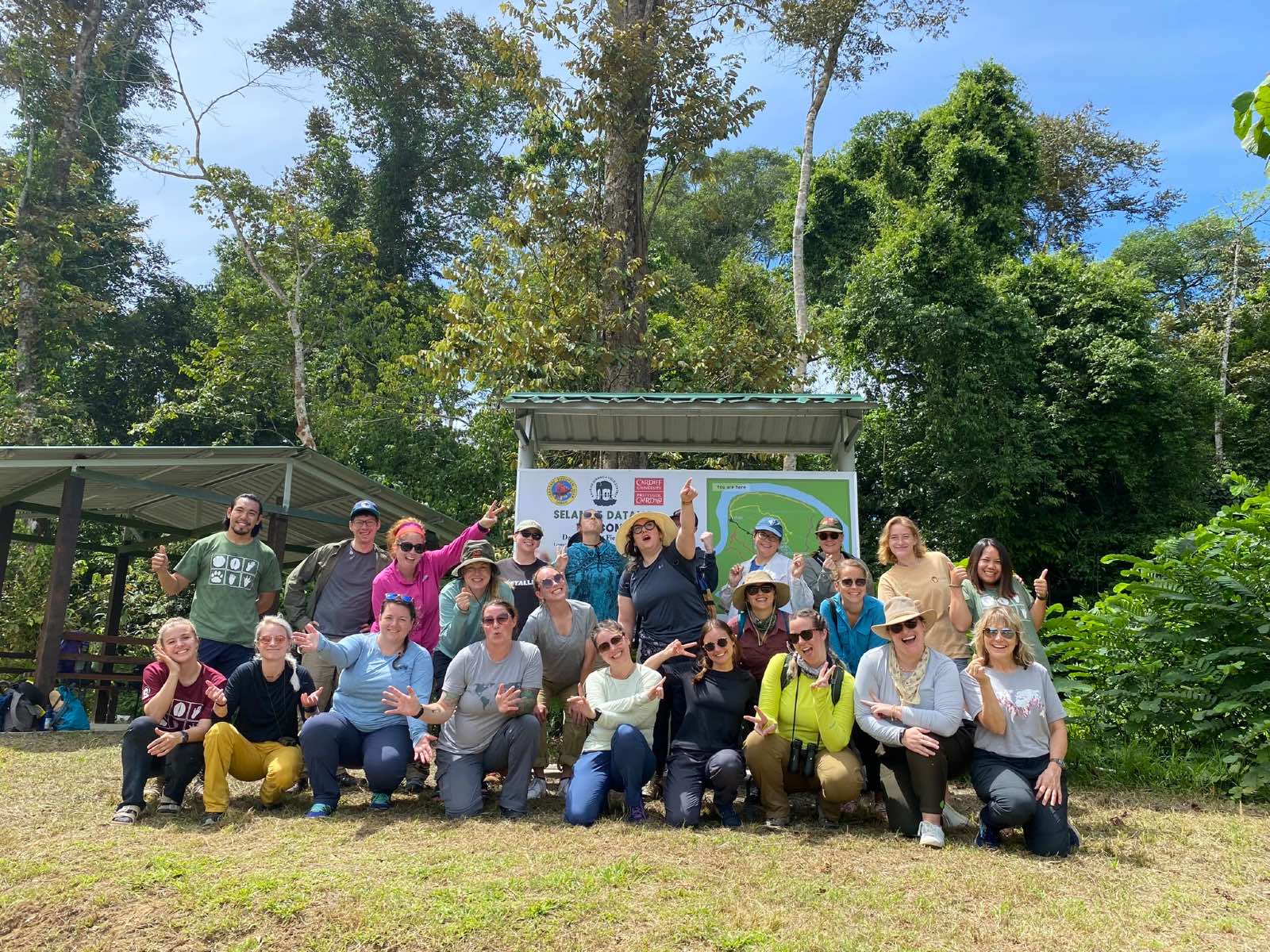
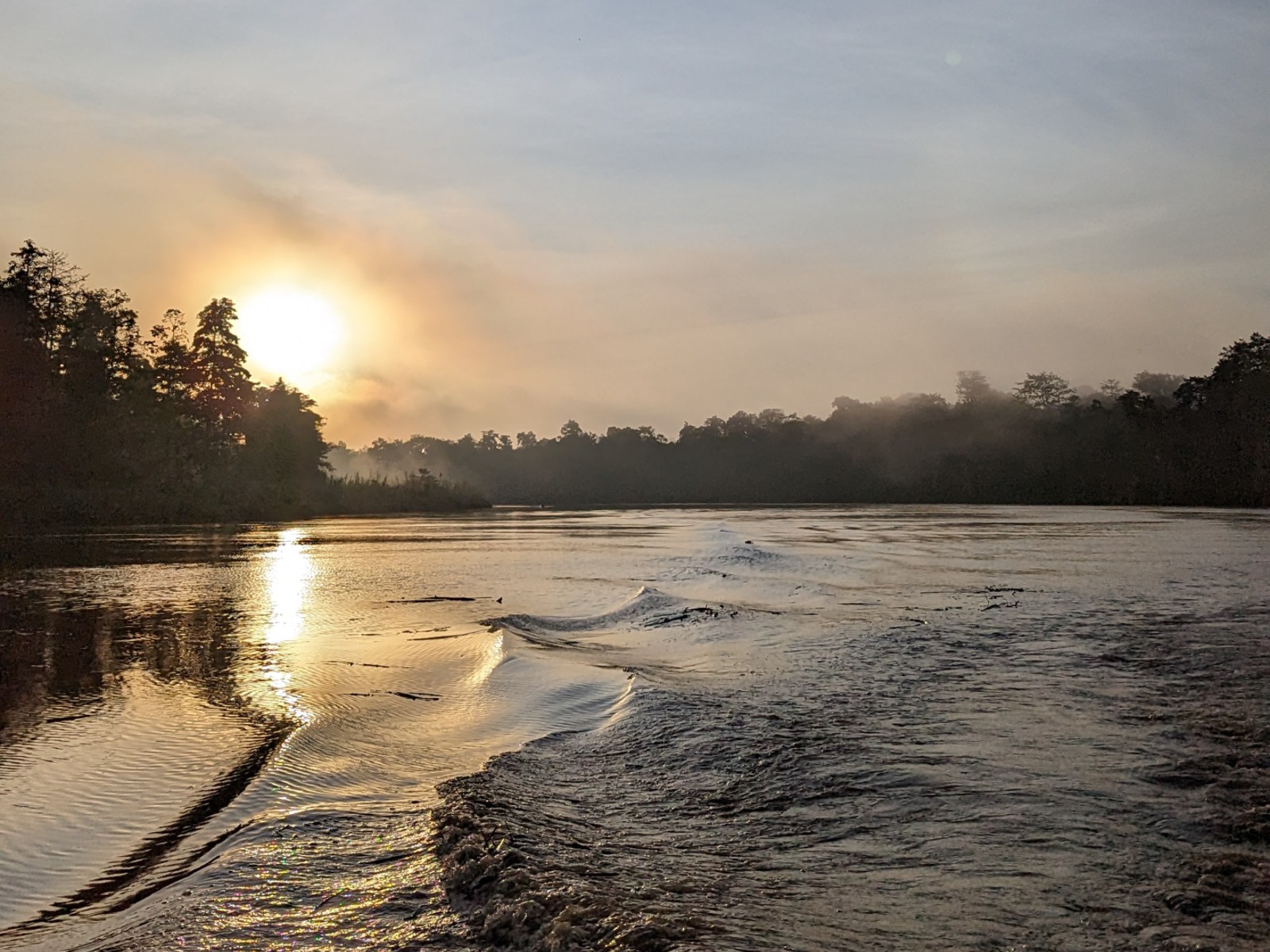
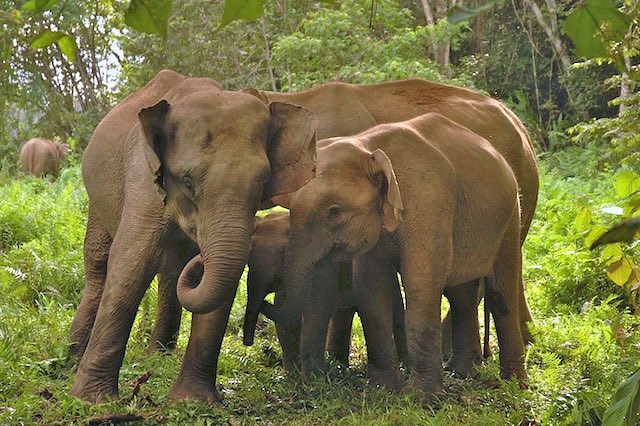
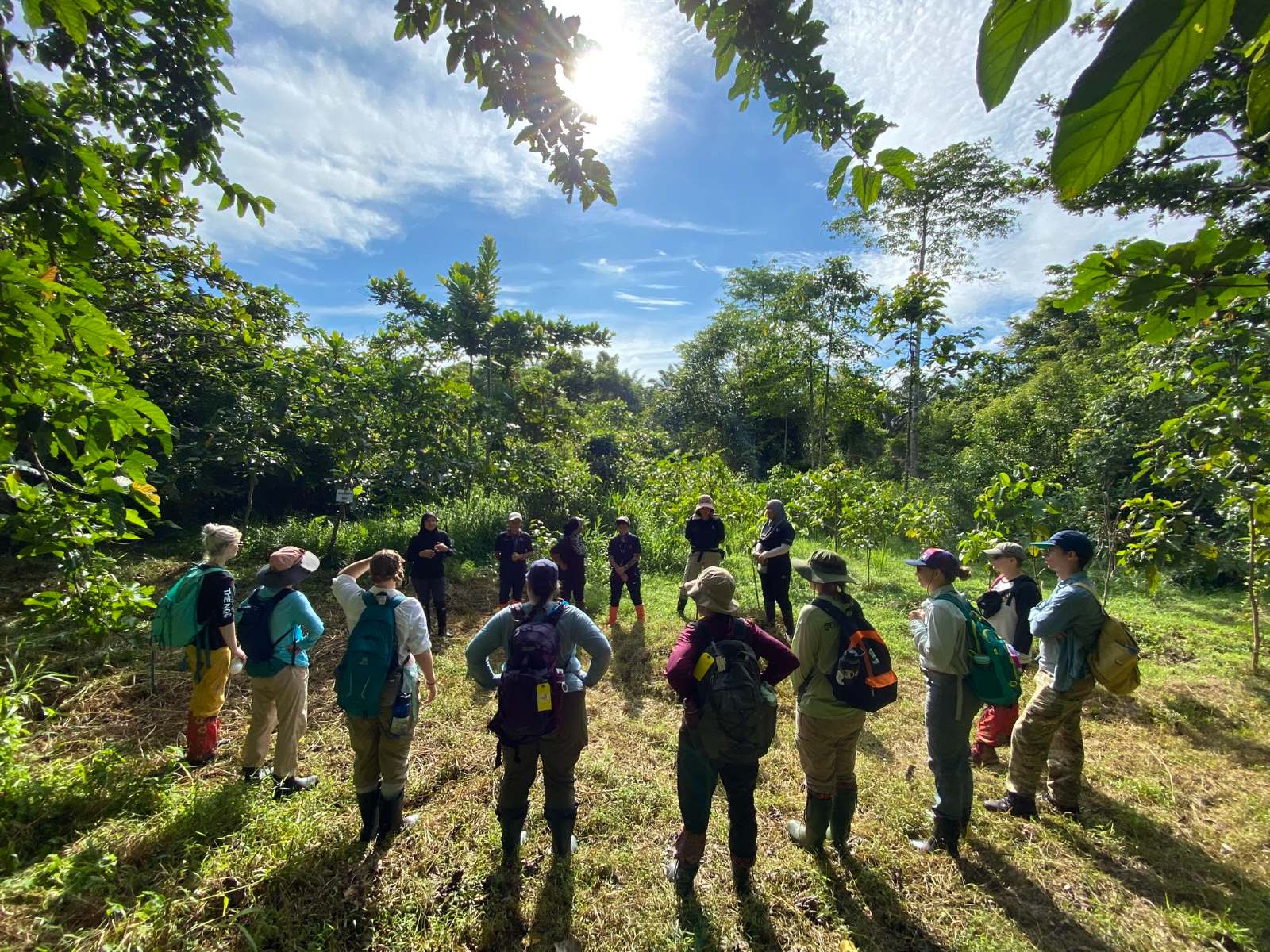
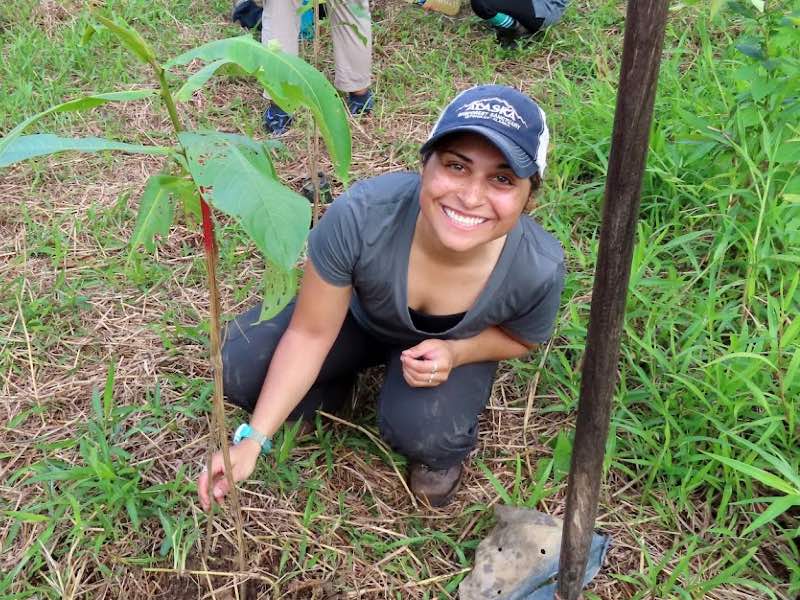

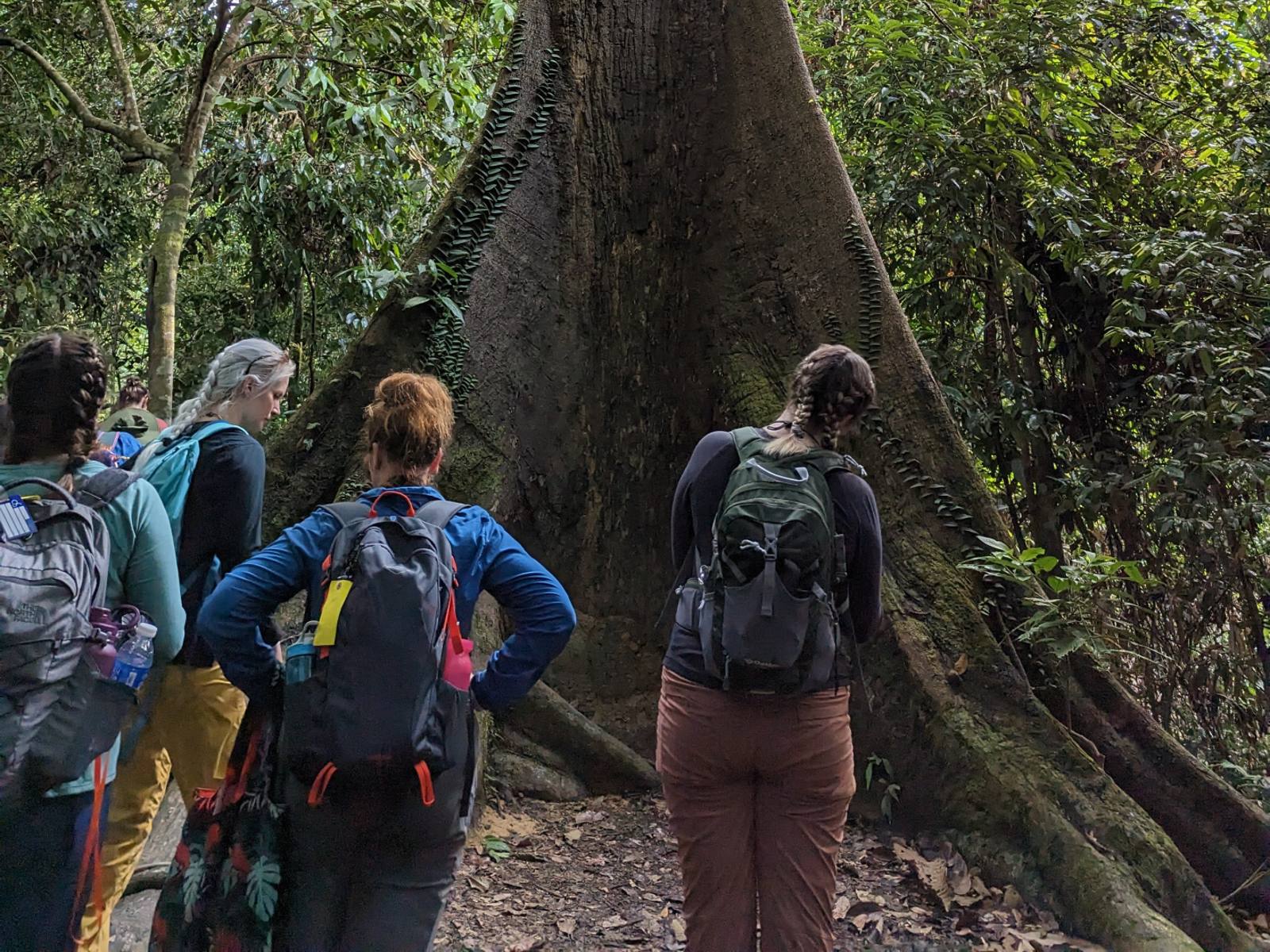
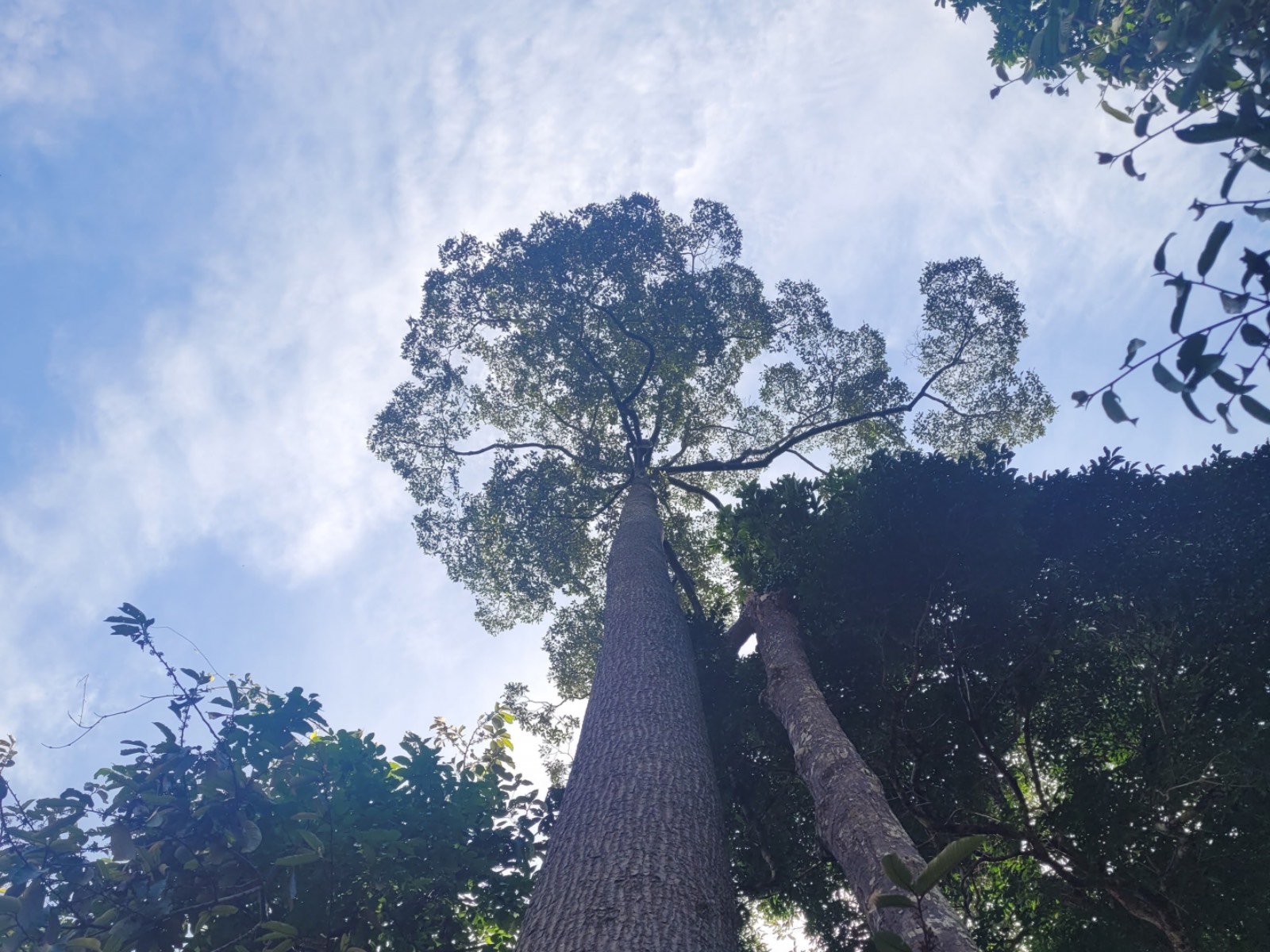
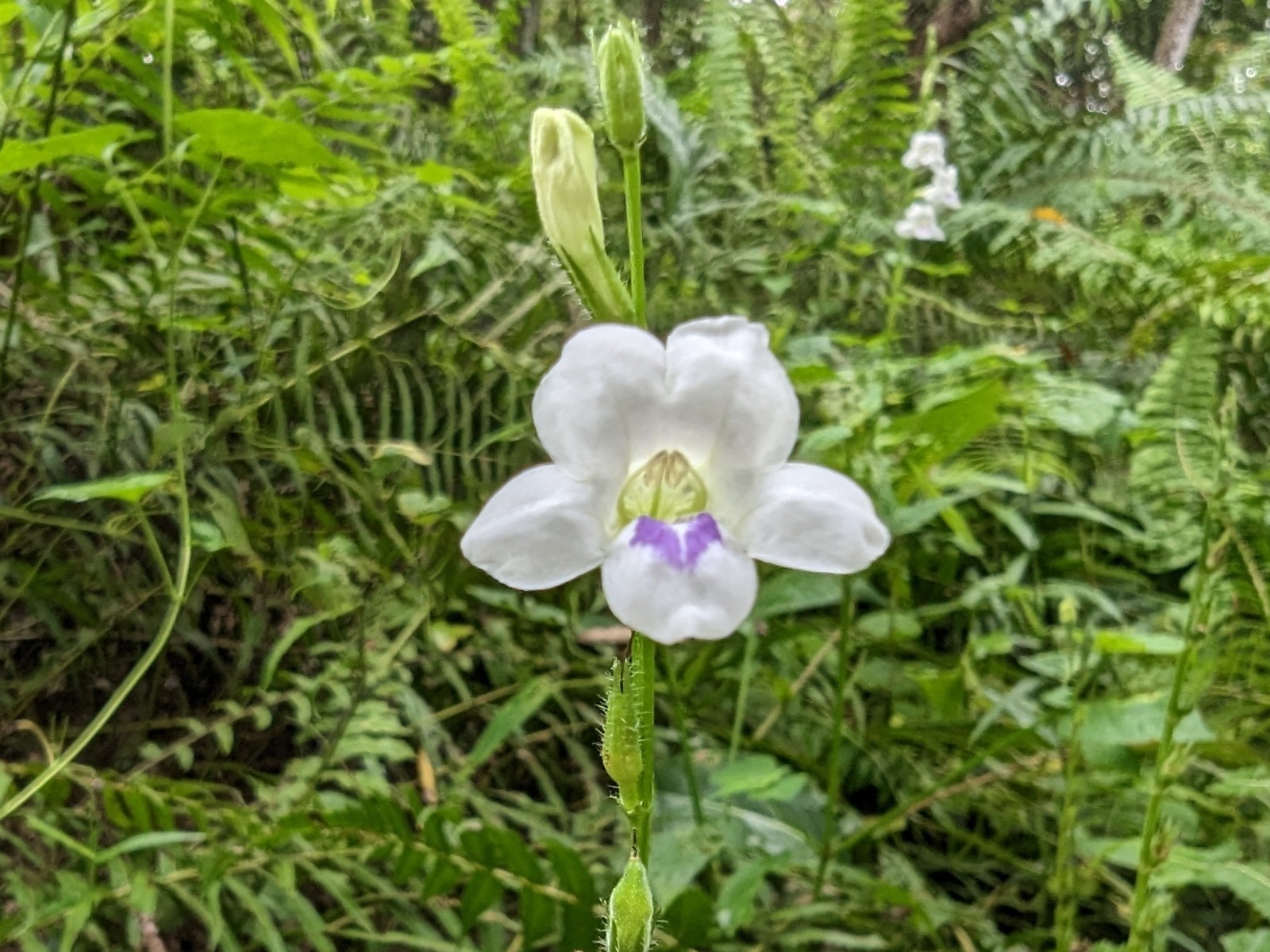
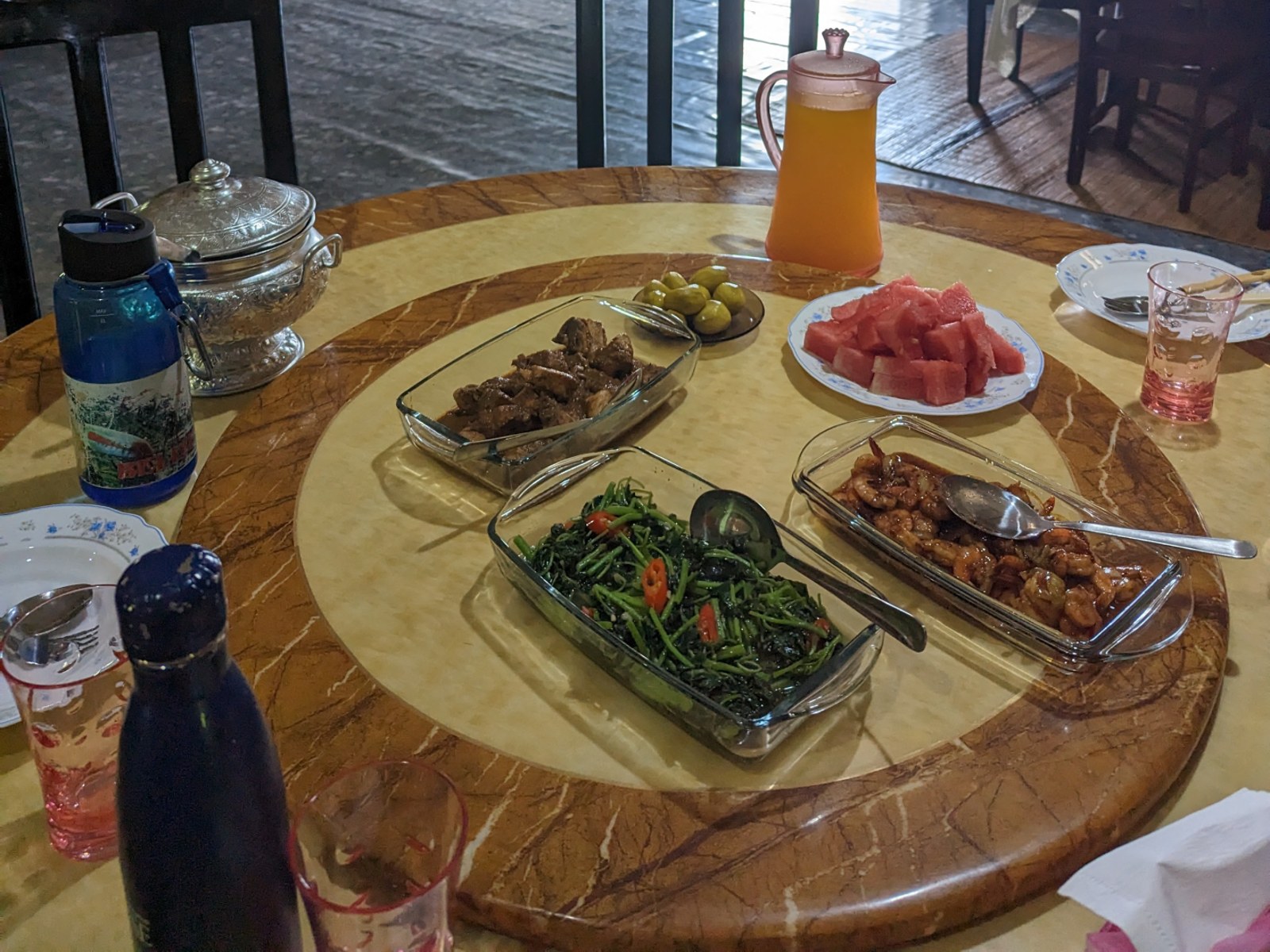
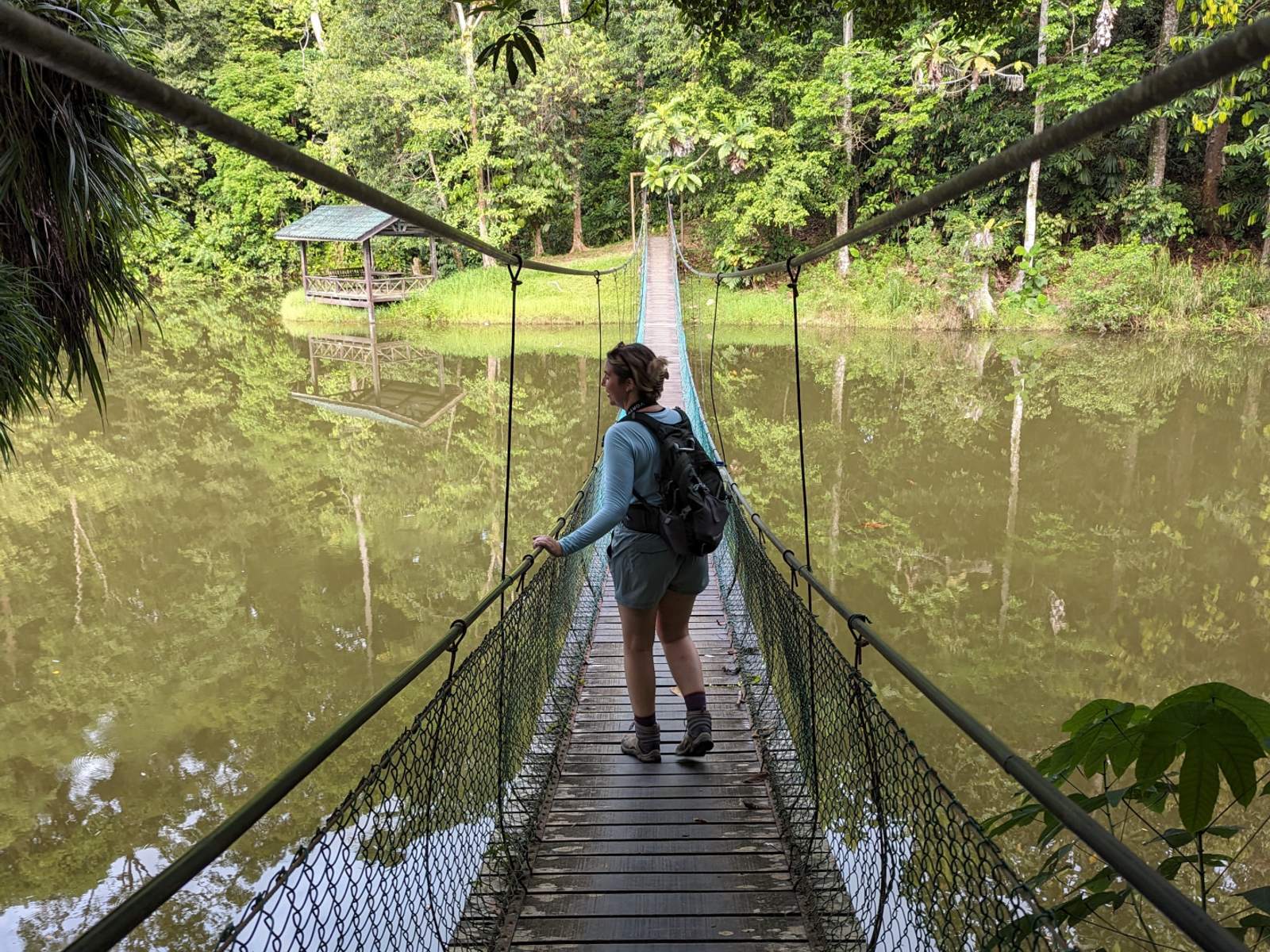
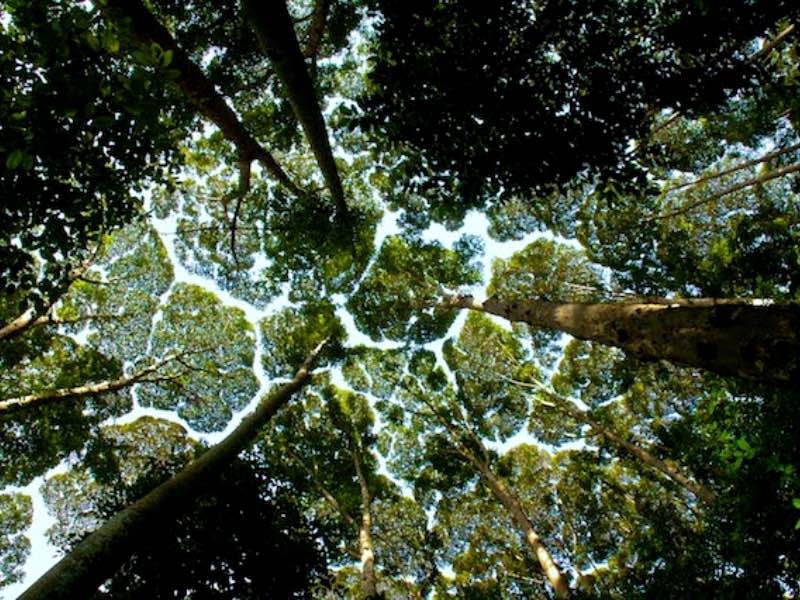
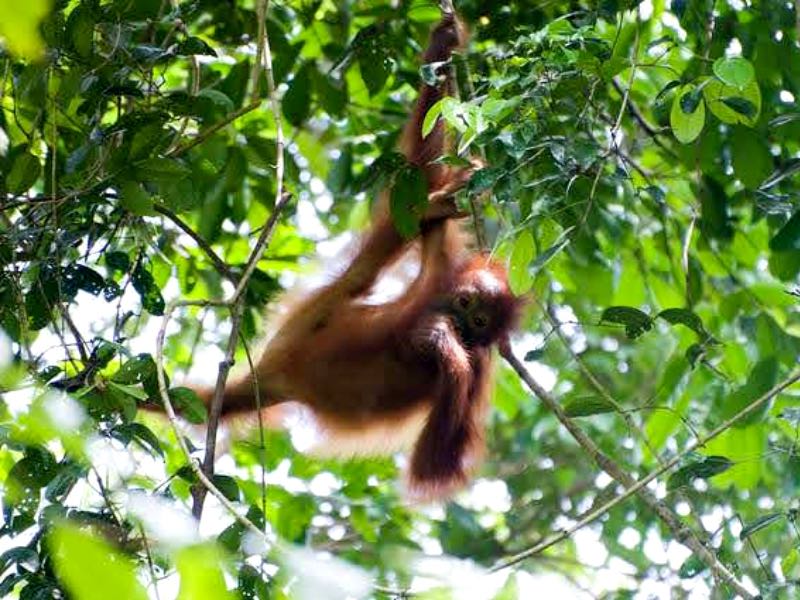
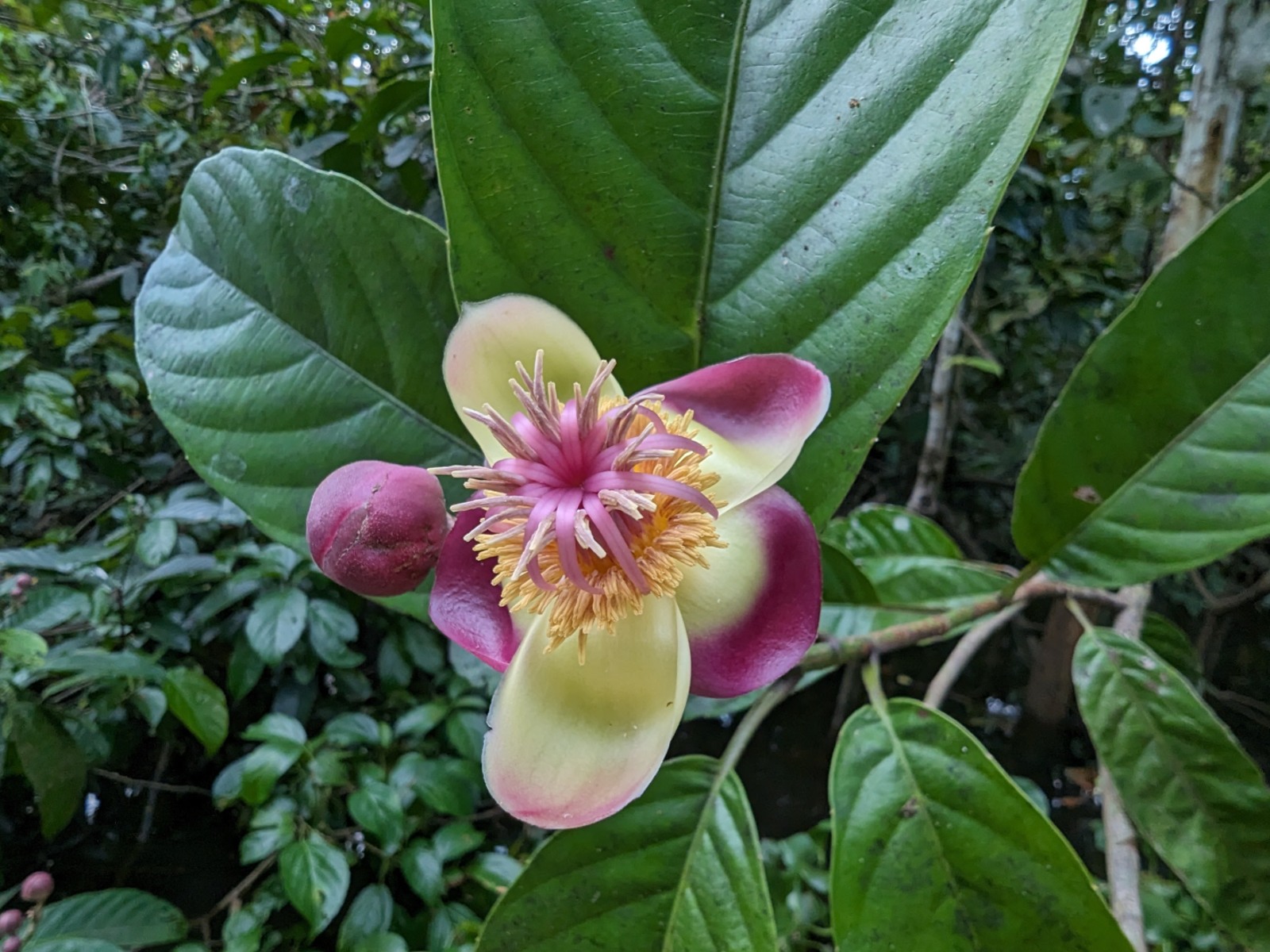
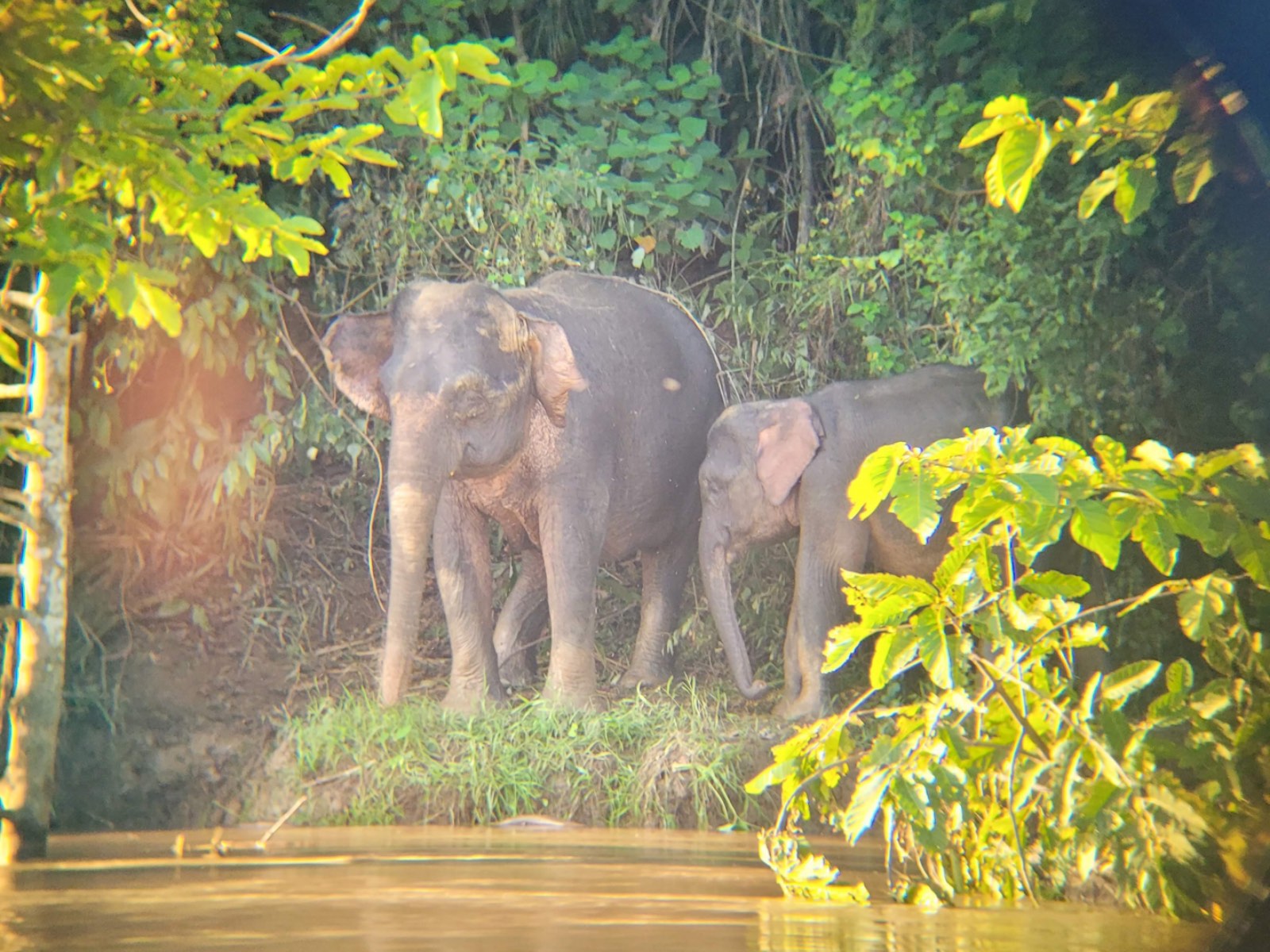
Inside Earth Expeditions
Recorded September 17, 2025, covering Namibia, Borneo, and Thailand.
Want to know more about Dragonfly's global+web-based Earth Expeditions courses? Please view a recording from one of our 2025-26 Inside Earth Expeditions sessions, where we share the inside scoop on our EE course locations, partners, and activities. These sessions are perfect for current AIP and GFP students, prospective GFP students, and those interested in taking an EE as an individual course. Each session was led by an experienced member of our instructional team.
Question?
Check out another EE!
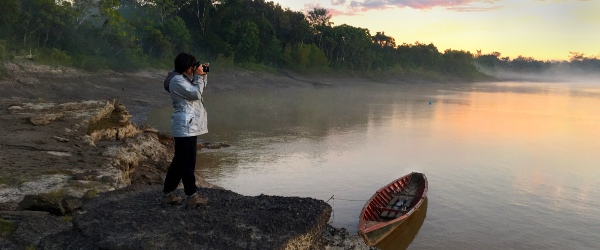
Amazon: Avian & Tropical Ecology
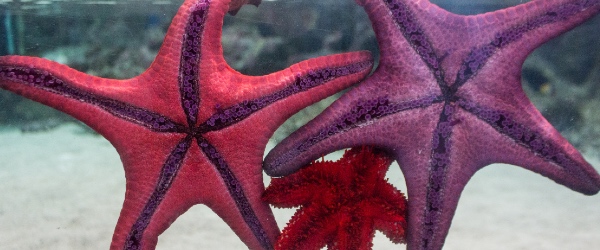
Australia: Great Barrier Reef
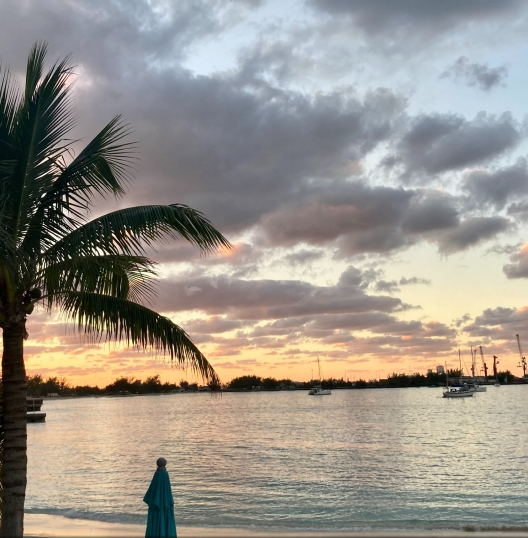
The Bahamas: Cultivating Conservation Networks
Snorkel in biodiverse marine protected areas, explore unique national parks, and gain an understanding of community-driven initiatives by talking directly with local experts at the forefront of conservation.
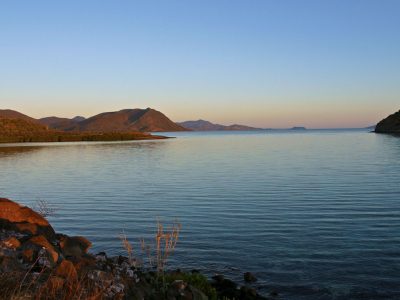
Baja: Field Methods

Belize: Approaches to Environmental Stewardship
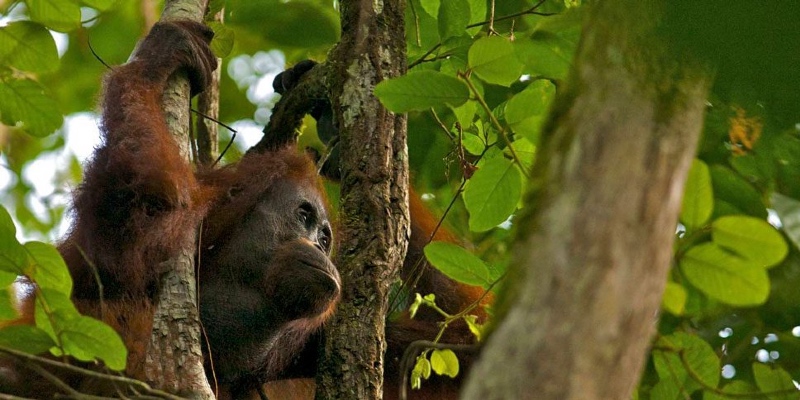
Borneo: Primate Conservation
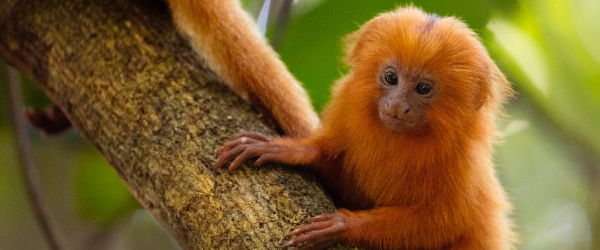
Brazil: Saving Golden Lion Tamarins
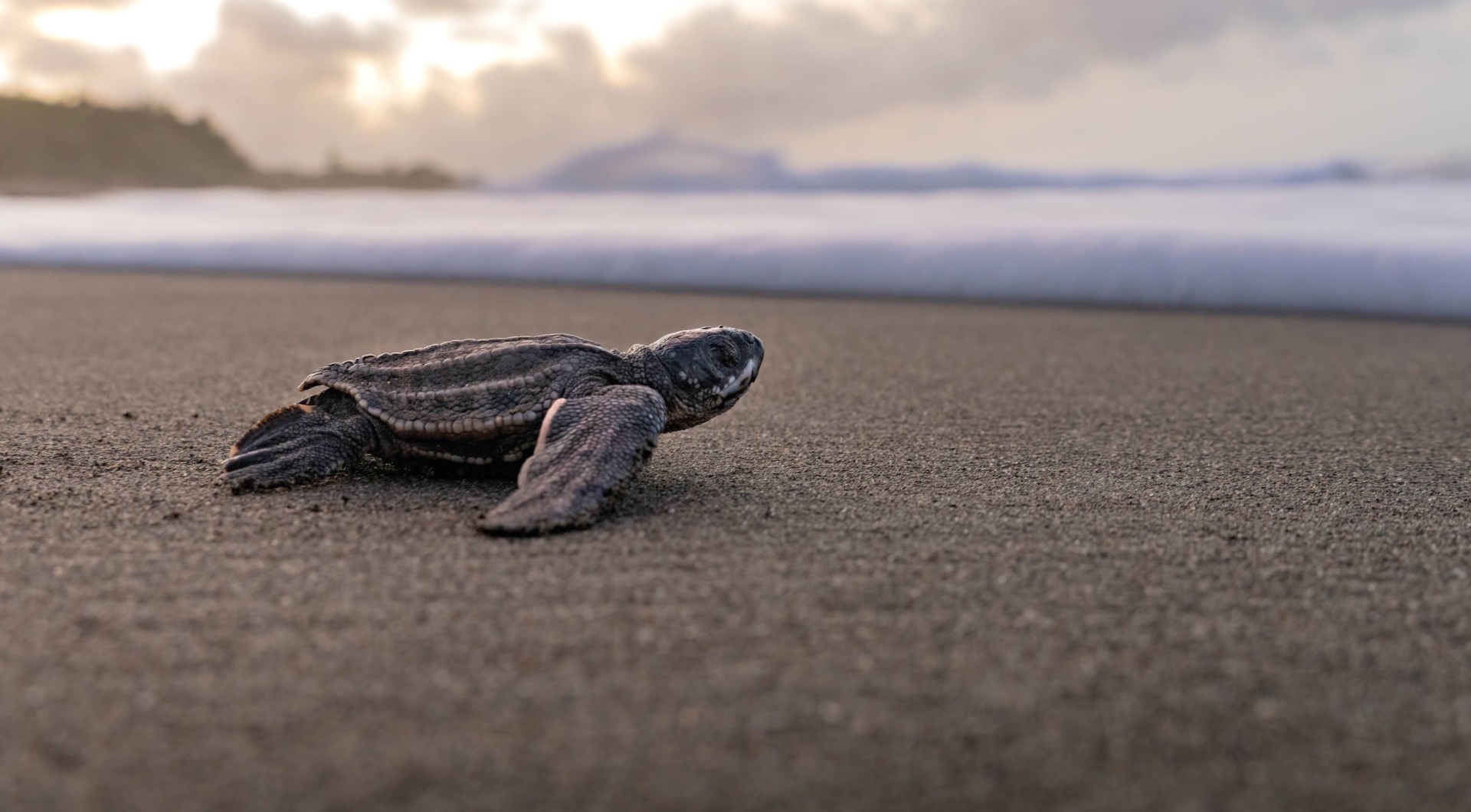
Costa Rica: Ecology & Ecotourism
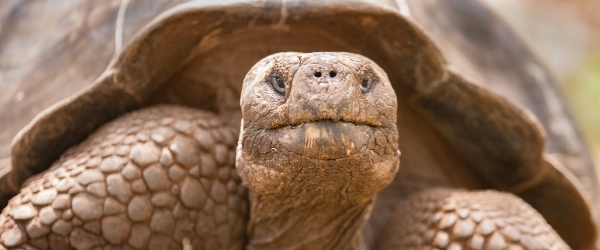
Galápagos: Islands of Change
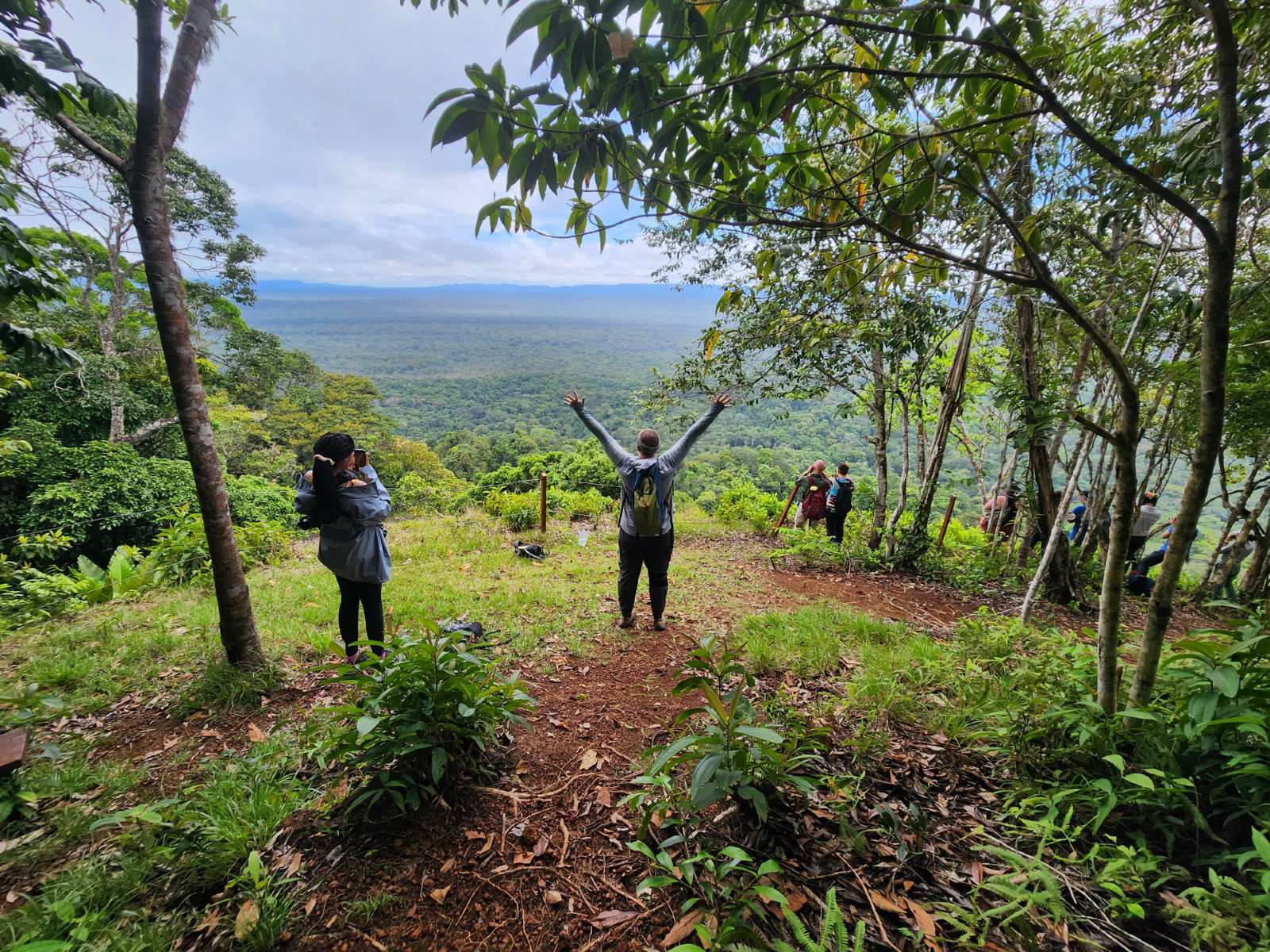
Guyana: Local Wisdom & Conservation
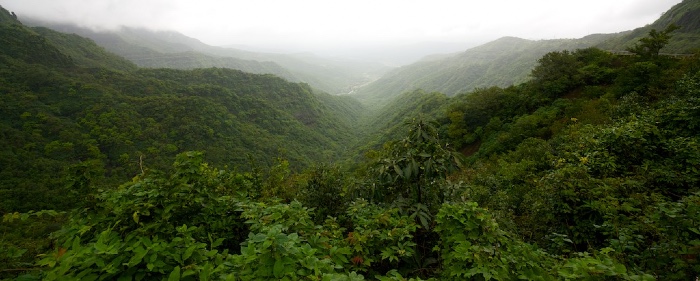
India: Species, Deities & Communities
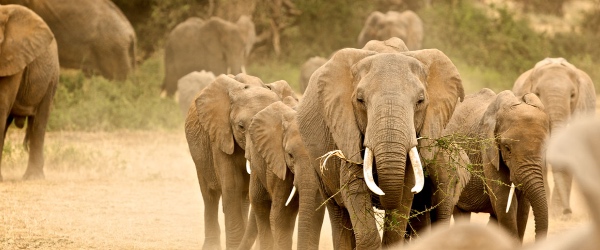
Kenya: Wildlife & People in Integrated Landscapes
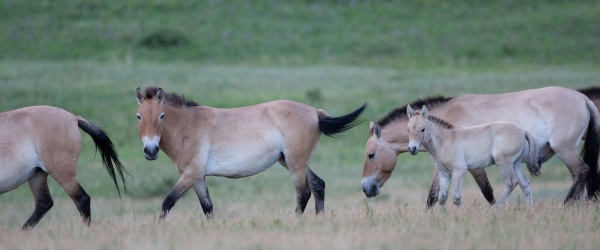
Mongolia: Steppe Ecology & Civic Media

Namibia: Great Cat Conservation
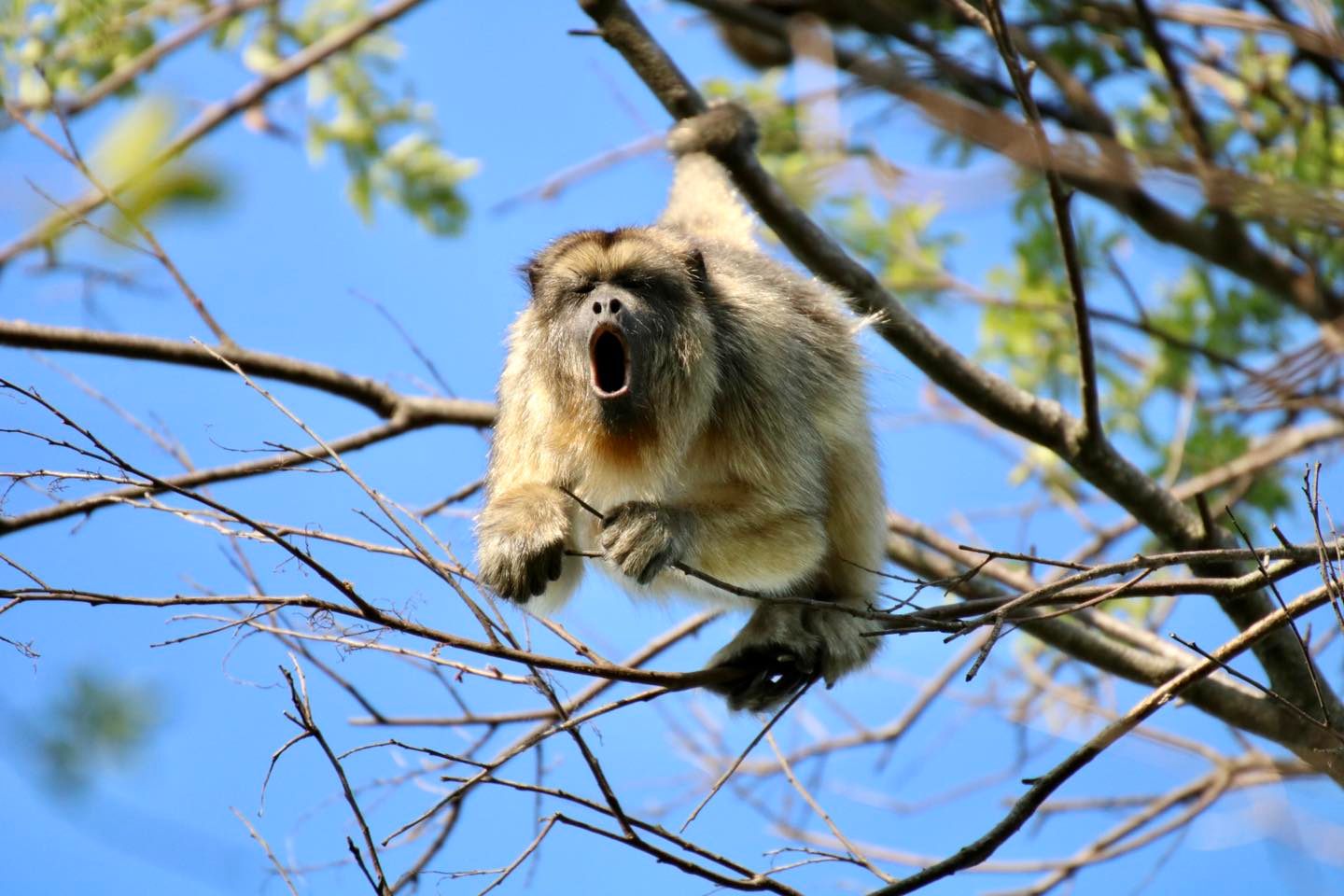
Paraguay: Eco-Leadership
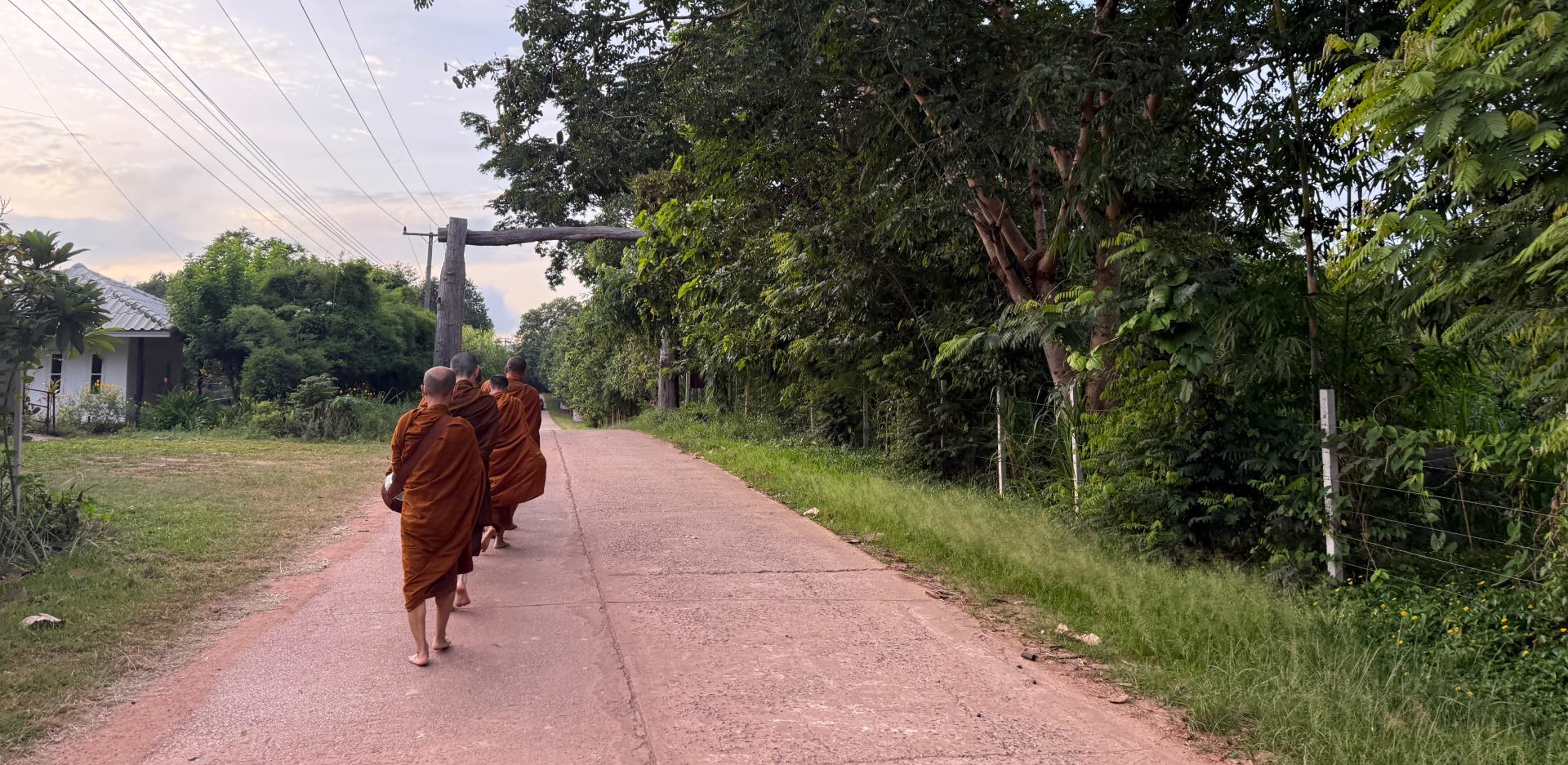
Thailand: Buddhism & Conservation
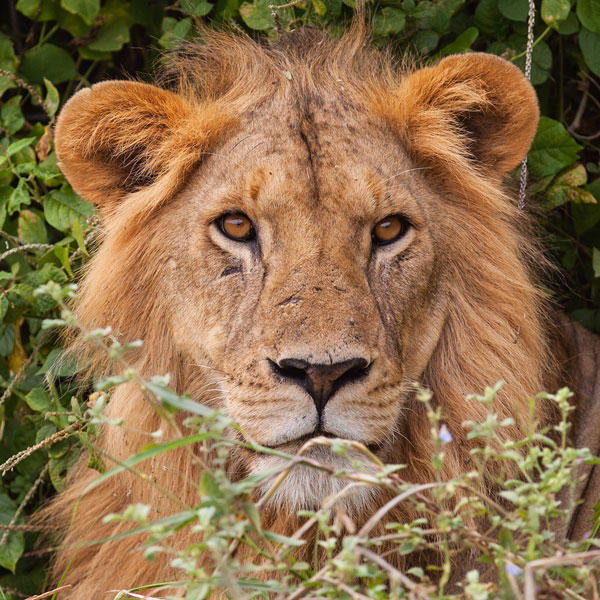
FAQs
